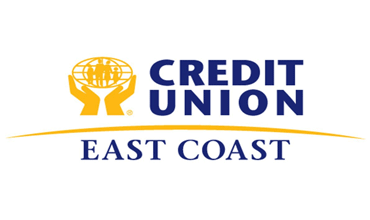How do I apply for a home loan?
Use online calculators to estimate how much you can borrow based on your income, expenses, and current debts. Consider getting pre-approval from a lender to know your borrowing limit and strengthen your negotiating position when making an offer on a property.
Obtain a copy of your credit report from a credit reporting agency (e.g., Equifax, Experian, or Illion). Ensure your credit score is in good standing, as this will affect your loan approval and interest rates.
Most lenders require a deposit of at least 5-20% of the property’s purchase price. A larger deposit can improve your chances of approval and reduce your loan-to-value ratio (LVR), potentially lowering your interest rate.
Compare different home loan products offered by credit unions, and other lenders. Consider factors such as interest rates, loan terms, fees, and features (e.g., offset accounts, redraw facilities). Gather Required Documentation (Identification, Expenses, Debts, Savings).
You can apply directly with a lender or use a mortgage broker to help you find the best loan for your needs. Complete the home loan application form, providing all required information and documentation.
Many lenders offer pre-approval, which gives you an indication of how much you can borrow based on a preliminary assessment of your financial situation. Pre-approval is usually valid for 3-6 months and can help you shop for properties with confidence.
Once you have pre-approval, start searching for a property within your budget. When you find a property, make an offer and, if accepted, sign the contract of sale.
After signing the contract of sale, submit the purchase details to your lender for final approval. The lender will conduct a property valuation and a more detailed assessment of your application.
Upon final approval, your lender will prepare the loan documents for you to sign. The settlement date is agreed upon, during which the lender transfers the funds to the seller, and you take ownership of the property.
Home loan calculations for 20 years (example)
| Amount, $ | Rate, % | Accrued %, $ |
| 400,000 | 4.85% | 195,617 |
| 400,000 | 4.85% | 195,617 |
| 400,000 | 4.85% | 195,617 |
| 500,000 | 5.35% | 269,729 |
| 500,000 | 5.35% | 269,729 |
| 500,000 | 5.35% | 269,729 |
| 600,000 | 5.90% | 356,950 |
| 600,000 | 5.90% | 356,950 |
| 600,000 | 5.90% | 356,950 |
| 700,000 | 6.40% | 451,733 |
| 700,000 | 6.40% | 451,733 |
| 700,000 | 6.40% | 451,733 |
You can see the similar FAQ at the link:
- Line of credit insurance from CIBC
- Overdraft protection from BMO
- RRSP loans from BMO
- What creditor insurance policies does CIBC offer?
- What is the CIBC loan number?
Details of companies offering the financial services:
East Coast Credit Union
Head office’s address: Antigonish, NS, Canada, Nova Scotia
Contact center: 866-230-7700
Web-site: https://www.eastcoastcu.ca/Home/
Servus Credit Union
Head office’s address: 51 Karl Clark Rd NW, Edmonton, AB
Contact center: 877-378-8728
Web-site: https://www.servus.ca/
Windsor Family Credit Union
Head office’s address: 3000 Marentette Ave (Corporate & Administration Office), Windsor, ON
Contact center: 519-974-3100
Web-site: https://mywfcu.ca/


